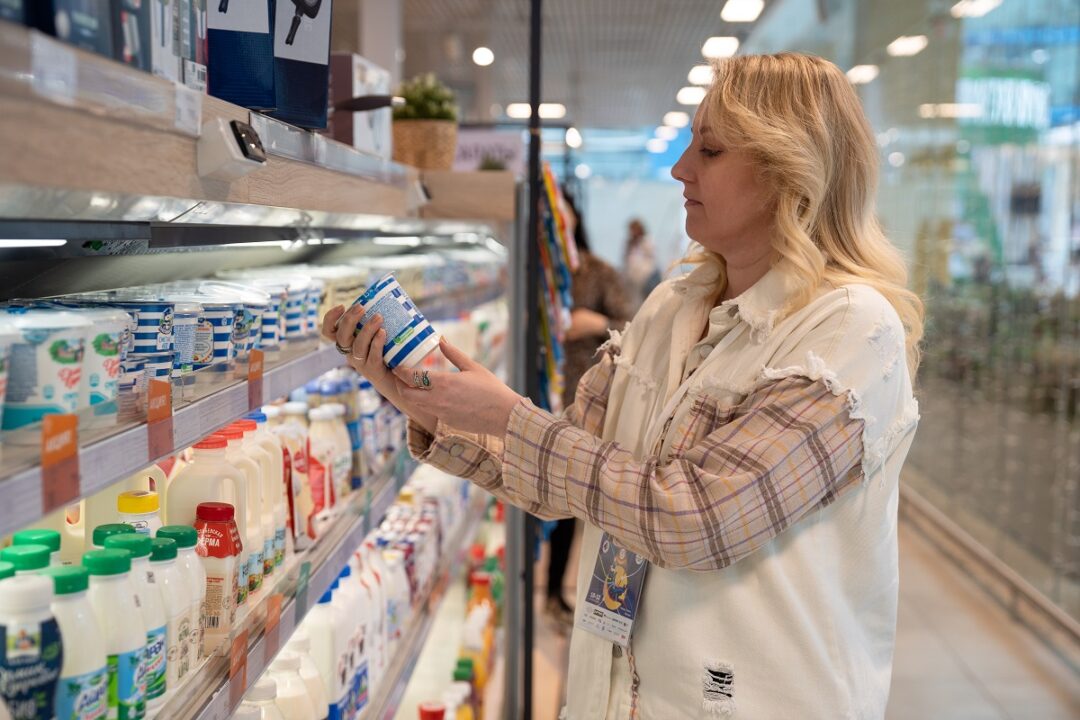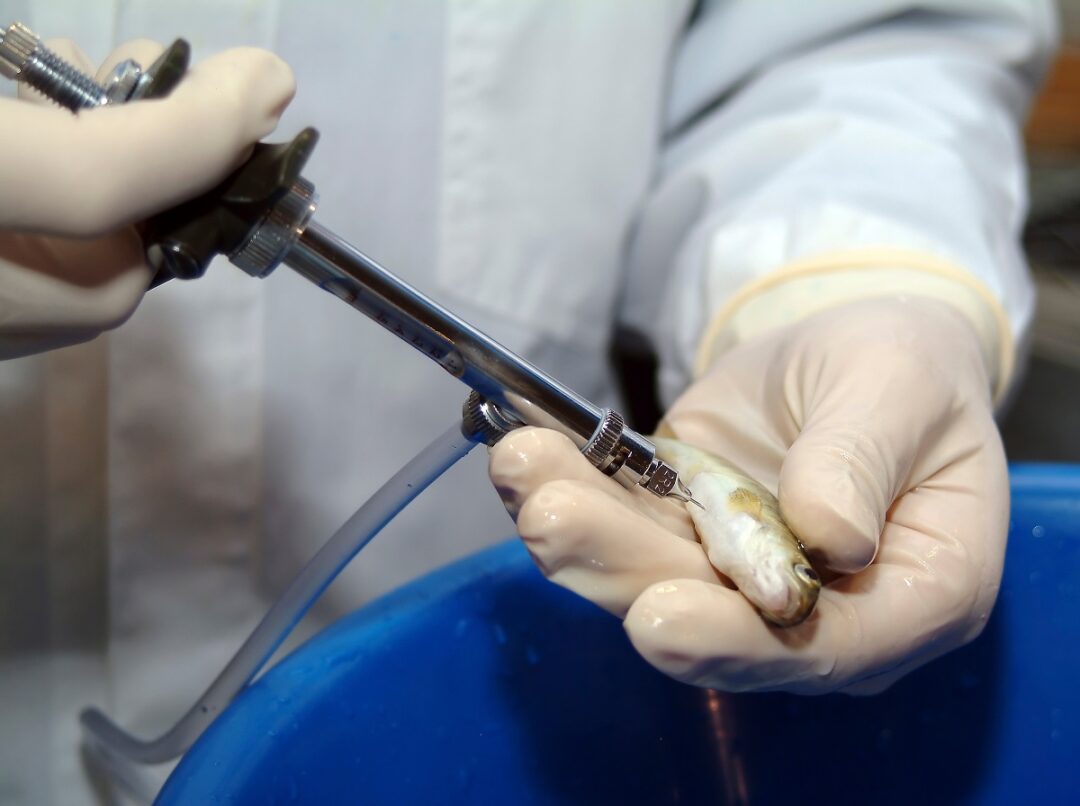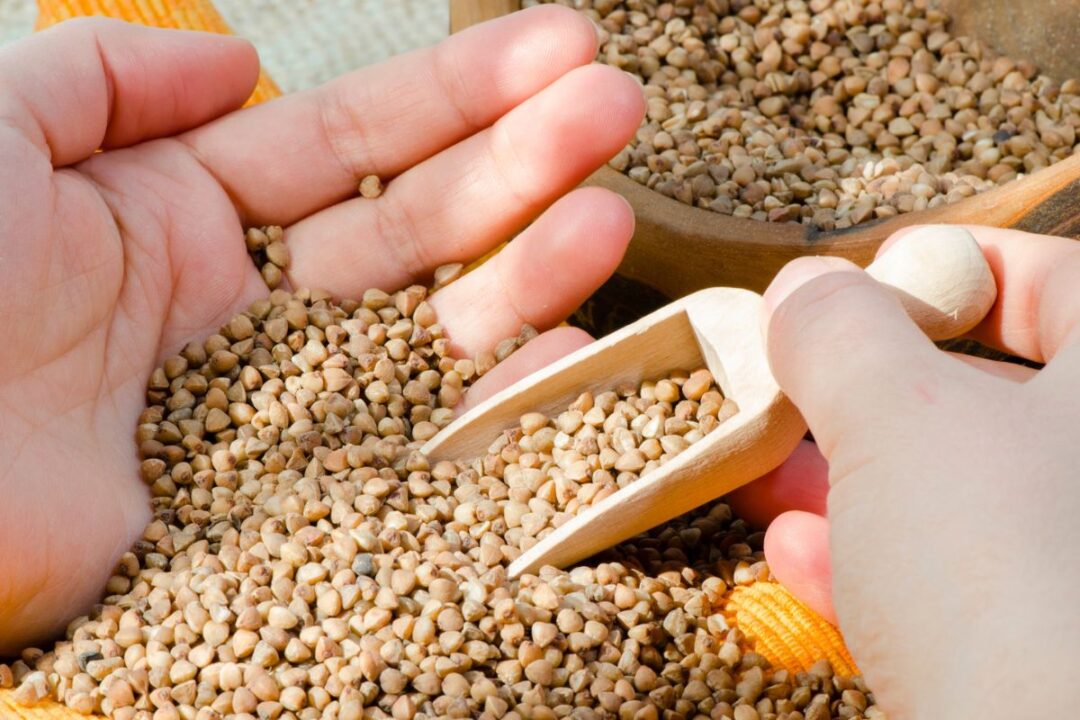Rosselkhoznadzor Leads Initiative to Halt Counterfeit Product Sales in Russia
Sergey Dankvert, Head of Rosselkhoznadzor, and Mikhail Dubin, Chairman of the Board of Directors for the Center for the Development of Advanced Technologies (CRPT, operator of the ‘Chestny ZNAK’ labeling system), met in Moscow on Wednesday, July 3, to discuss strategies to block the sale of counterfeit and substandard products.

It was noted at the meeting that the CRPT receives reports from the territorial administrations of Rosselkhoznadzor concerning the outcomes of inspections, which reveal unsafe and low-quality products. Such data is available in the ‘Chestny ZNAK’ system. Following these inspections, Rosselkhoznadzor aims to restrict the circulation of goods that are considered unsafe for consumers.
The currently applicable government decree No. 1944, dated November 21, 2023, permits Russian authorities to restrict the circulation of labeled products by decision. However, to initiate a legal blocking procedure, amendments to several regulatory legal acts are necessary. These include federal laws on veterinary medicine, state regulation of trade activities within the Russian Federation, government decrees related to the goods labeling system, and federal state veterinary supervision.
“The amendments must be approved by the Russian Ministry of Industry and Trade (MInpromtorg). Once they are applied, the Rosselkhoznadzor will initiate a mechanism to limit product circulation,” stated the Rosselkhoznadzor’s press service following the meeting between Sergei Dankvert and Mikhail Dubin.
Currently, the mechanism for blocking expired and counterfeit dairy products is operational, a result of the integration of the ‘VetIS’ and ‘Chestny ZNAK’ systems. Since May 1, 2024, a permissive mode for the sale of dairy products has been in place at cash registers across Russia. Upon scanning a product label, the cash register requests data from the ‘Chestny ZNAK’ system. If the product is expired, prohibited for sale, or suspected of being counterfeit, the transaction is halted. As a result, in May 2024, the sale of 347,800 units of expired dairy products was prevented in Russia.
Besides that, Sergey Dankvert and Mikhail Dubin discussed the possibility of extending integration efforts to prevent the distribution of substandard food products within social services. This matter will be discussed at the National Commission for Combating Illegal Traffic in Industrial Products. “The integration will encompass finished dairy products and bottled water, setting a precedent for extending these practices to additional product categories,” the service’s press office stated.




Popular
Нет просмотренных постов.

